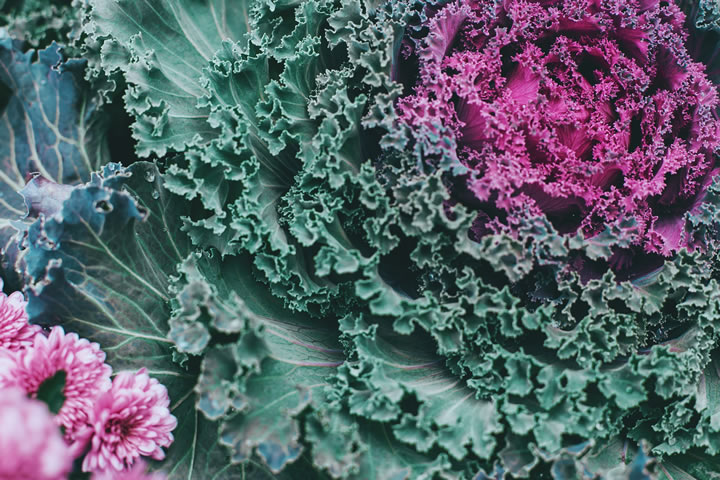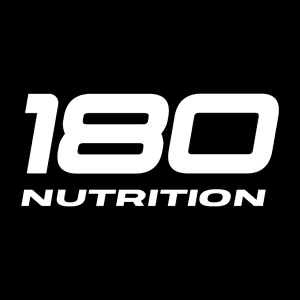Everything You Need To Know About Glutathione
Your body is full of free radicals and other oxidising agents that damage your cells. While you have literally trillions of cells and some being damaged might not sound like a big deal, cellular damage can lead to some extremely poor outcomes:
- Damage to the epithelial cells in your veins and arteries can increase your chances of heart attack and stroke
- Cellular damage builds up over time and makes cells more likely to mutate and become cancerous
- A system that is under oxidative stress doesn’t function well, hindering all organic processes and leading to other diseases
The good news in the face of all this grimness is that our bodies have a defence mechanism against oxidation, called antioxidants. These molecules cancel out free radicals and protect our cells from constant damage. Though they’re mostly found in food, some can actually be produced in our bodies. One of the most powerful antioxidants, glutathione, also known as GSH, has critically important uses throughout every system within us.
What is glutathione?
Made from a chain of three amino acids, GSH is an antioxidant responsible for the synthesis of a slew of different biological cells, chemical precursors and processes, including:
- The creation of bile, helping your body break down fats
- Synthesis of vitamins E and C
- Construction of DNA, the very building blocks of life
- Development of epithelial cells
- Facilitating apoptosis, or cellular death
You might be scratching your head at that last one – after all, haven’t we been talking about antioxidants protecting cells? Well, apoptosis is a natural process that occurs constantly throughout your body. Damaged cells get destroyed and used to build healthy ones, and it’s damaged cells that can be the most dangerous.
It is this cellular rebuilding that is central to this antioxidant’s role in your body, especially if you lift weights as part of a fitness program. When cellular damage occurs, you need material and antioxidants to ensure proper regrowth.
Where does it come from?
GSH is produced within the liver, in limited quantities. Like all amino acids and their derivatives, it relies on chemical precursors we get in our diets. The fact that our bodies produce GSH on their own is somewhat unique, a trait only a few other antioxidants possess.
The abundance of this antioxidant in our bodies is dependent on ingesting enough of the molecules that create it, and also how much our bodies need GSH. The more we need of it, the more it produces, and the liver won’t reduce the production of GSH when we’re taking more into our diets, either.
While we can get GSH directly from supplements, it’s better to get the building blocks from food and have your body create it. This is more bioavailable and less invasive than the intravenous method of delivering GSH that is the typical therapeutic route.
What foods help produce glutathione?
Whole foods are a good source of pure GSH, and these occur primarily in plant products:
- Nuts and seeds
Almonds, walnuts, pistachios and brazil nuts are all high in selenium, which is a precursor to GSH. In fact, one brazil nut provides your daily allowance of selenium, which is the building block enzyme of all amino acids. - Cruciferous vegetables
Broccoli, cabbage, brussels sprouts, cauliflower and watercress are all highly sulfuric and provide a tremendous amount of the necessary elements for GSH production. Cooking them slightly is the best way to ensure that the antioxidant remains intact – too raw and it will remain locked in the food, but cooked too much and it will leach into the water. - Alliums
Onions, leeks, chives and garlic are all full of GSH and are very easy to add to most dishes. Many people already use these foods each day and don’t even realise how healthy the practice is. - Whey protein isolate
Whey protein itself is a superfood, providing critical amino acid support along with immune-boosting and weight loss effects. It’s also critical in blood sugar management and can be a powerful tool in the fight against type 2 diabetes.
Whey protein isolate or WPI is derived from whey created during the cheese-making process. Though it’s considered a by-product in that business, it’s a highly nutritious, accessible food that mixes well with water and provides an array of health benefits. Especially for people who exercise or participate in sports, whey protein and GSH are critical for the rebuilding of healthy cells and the death of damaged ones.
Health benefits of GSH
Proper levels of GSH in your body contribute to processes in every organ system, so it’s crucial that you maintain a healthy diet that boosts levels of this antioxidant.
Immune response
Having adequate levels of GSH keeps your immune system humming. When your primary source of GSH comes from whey protein isolate, you get a double-whammy of immune-boosting power, along with every other benefit that WPI provides.
Cellular repair
Cell death is necessary but proper maintenance requires GSH on both ends, to ensure both proper apoptosis and also regeneration.
Reducing inflammation
Systemic inflammation leads to metabolic diseases like diabetes, and chronically inflamed cardiovascular cells are at a much higher risk of becoming filled with plaque, leading to heart disease. GSH helps reduce inflammation and keep those damaged cells in check.
Skin health
Like collagen, GSH is produced in the body and also immediately used to make skin cells more firm and hold water at the cellular level, making you look and feel younger. It also makes skin more resilient against the damage of the sun, especially in older adults who have been repeatedly exposed to harmful UV radiation.
GSH is essential
Few antioxidants are more crucial to total body functioning than GSH. From your hair and skin to your heart and brain, GSH is required to maintain healthy cells, destroy ones that are damaged and keep your body running at peak efficiency.
It’s simple enough to get in our diet, making it easier for our livers to create enough for all our cellular processes. Ingesting a wide array of plant-based, healthy foods like nuts, seeds, cruciferous vegetables and plants in the onion family will regulate an adequate supply.
Whey protein is another fantastic and easy source of GSH precursors that is incredibly simple to add to your diet. Even if you’re not a weight lifter, the benefits of adding WPI to your daily foods cannot be overstated.
Like all amino acid compounds, GSH is critical to your body’s functioning. Maintaining an adequate amount will make your immune response more robust, help your muscles recover and keep your cells healthy. Keeping your GSH levels steady is another reason to keep your diet balanced and healthy, and it’s one that will pay off both in the short term and over the course of your entire life.







